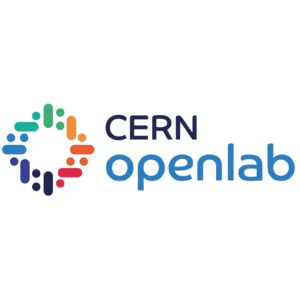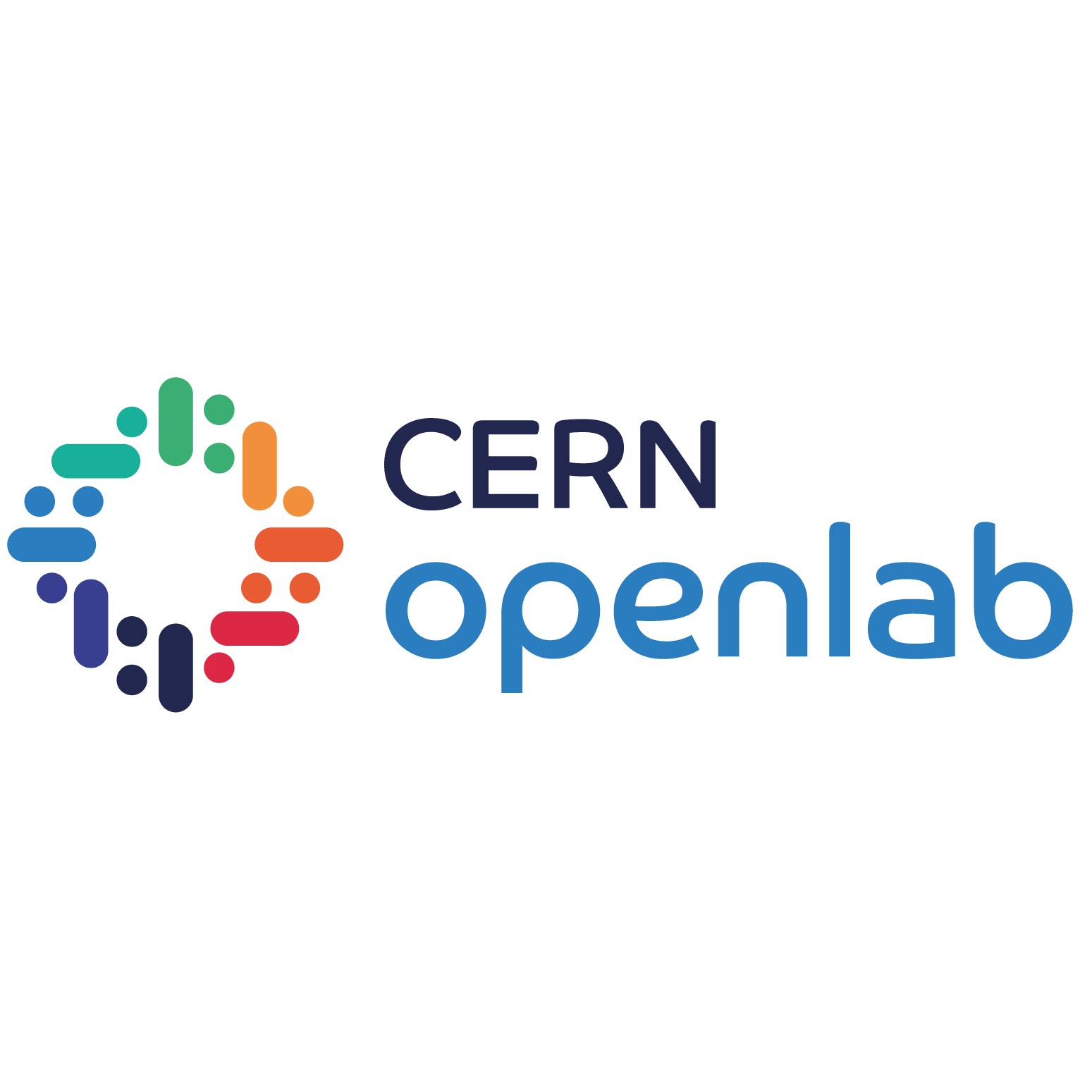 Last week at SC18, Micron announced that the company has joined CERN openlab, a unique public-private partnership, by signing a three-year agreement. Under the agreement, Micron will provide CERN with advanced next-generation memory solutions to further machine learning capabilities for high-energy physics experiments at the laboratory. Micron’s memory solutions that combine neural network capabilities will be tested in the data-acquisition systems of experiments at CERN.
Last week at SC18, Micron announced that the company has joined CERN openlab, a unique public-private partnership, by signing a three-year agreement. Under the agreement, Micron will provide CERN with advanced next-generation memory solutions to further machine learning capabilities for high-energy physics experiments at the laboratory. Micron’s memory solutions that combine neural network capabilities will be tested in the data-acquisition systems of experiments at CERN.
Micron is committed to pushing the limits of innovation by providing high-performance memory and storage solutions to solve the world’s greatest computing and data processing challenges in data analytics and machine learning,” said Steve Pawlowski, vice president of advanced computing solutions at Micron Technology. “We’re proud to work with CERN to deliver machine learning capabilities that will enable high-energy physics scientists to make advances in their science and research experiments.”
High-energy physics scientists are looking to deploy leading-edge technologies that can support their experiments’ computing and data processing requirements. Memory plays a vital role in accelerating intelligence by processing vast amounts of data, helping researchers gain valuable insights from data generated by high-energy physics experiments.
As part of the work with CERN, Micron will develop and introduce a specially designed Micron memory solution that will be tested by researchers at CERN for use in rapidly combing through the vast amount of data generated by experiments. The project will feature FPGA-based boards with Micron’s most advanced high-performance memory combined with an advanced neural network technology developed in collaboration between Micron and FWDNXT, a provider of deep learning and AI solutions.
CERN collaborates openly with both the public and private sector, and working with technology partners like Micron helps ensure that members of the research community have access to the advanced computing technologies needed to carry out our groundbreaking work,” said Maria Girone, CTO at CERN openlab. “It is critical to the success of the Large Hadron Collider that we are able to examine the petabytes of data generated in a fast and intelligent manner that enables us to unlock new scientific discoveries. These latest-generation memory solutions from Micron and machine learning solutions from FWDNXT offer significant potential in terms of enabling us to process more data at higher speeds.”
At SC18, Micron demonstrated its high-performance memory solutions running FWDNXT’s Machine Learning SDK.
In this video from SC18 in Dallas, Dr. Sofia Vallecorsa from CERN openlab describes how Ai is being used in design of experiments for the Large Hadron Collider.
In related news, Google has joined CERN openlab as well.
CERN has an ambitious upgrade programme for the Large Hadron Collider, which will result in a wide range of new computing challenges,” says Alberto Di Meglio, head of CERN openlab. “Overcoming these will play a key role in ensuring physicists are able to make new groundbreaking discoveries about our universe. We believe that working with Google can help us to successfully tackle some of these challenges, as well as producing technical breakthroughs that can have impact beyond our research community.”




